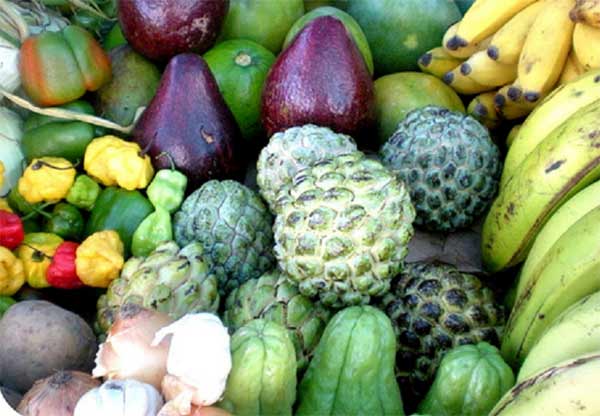THERE was no thorough ventilation or assessing of the content of the manifestoes of either major political party in the recent general elections mainly because of the shortness of the campaign and the release of the respective documents less than a week before polling day.
In fact, we doubt very much that manifestoes had any impact on the voting and the eventual result. But we are excited by the proposals of the ruling party as it relates to its plans for the agricultural sector. We have frequently lamented the dismal state of agriculture under Labour Party rule. It was as though there was no appreciation of the fact that agriculture was still a viable economic option for the country, despite the reverses of recent years, especially in banana production.
The manifesto of the United Workers Party says the party believes that agriculture is a fundamental instrument in Saint Lucia’s quest for sustainable development particularly in rural areas and the general economy. We agree with that statement. It makes no sense idling away when there is land available for agriculture and markets to export to that are being under serviced.
In its heyday, agriculture—and the banana industry in particular– produced wealth and prosperity for rural folk and held the Saint Lucia economy together. While we concede that the glory days of bananas that we knew in the 1980s and early 1990s are over, there are still opportunities for banana exports at this time that are going abegging.
Bananas have frequently come under attacks from pests, and our experiences with Black Sigatoka come quickly to mind. But our sister Windward Island Dominica has only three months ago began harvesting varieties of banana and plantain that are tolerant to that disease. Earlier on, Dominica also imported several hundred banana plants from France that were resistant to Black Sigatoka to distribute among their farmers. How is it that Saint Lucia, with a bigger reputation for banana cultivation and production has not pursued similar paths?
We are excited at the possibility of a new market being opened for banana exports in France and look forward to the proposals currently being discussed with interests in neighbouring Martinique. But even without this deal, there are markets for bananas in Europe as well as the Caribbean that are being under exploited. We understand that St Lucia has also sat down on a proposal to export pineapples to France.
It is not only about bananas and pineapples, though. When the Taiwanese first set up shop in Saint Lucia in the 1980s they brought with them technologies and skills in agriculture that were welcomed by farmers throughout the island. That programme was derailed by the break in relations in 1997. But the Taiwanese are here again, and one hopes the Chastanet government is perceptive enough to recognize the invaluable contribution that they can make to any renewed thrust in the agriculture sector and will move purposefully to seek their active involvement in its new plans.
The point is we still have a lot of agricultural lands lying idle all over Saint Lucia and there are markets abroad for all kinds of produce. With two Ministers holding down Agriculture portfolios, we have a golden opportunity of creating new excitement in agriculture that can be linked to tourism and agro processing, thereby containing rural poverty, creating employment and generating new revenue for the country.
Agriculture has been paid too much lip service in the recent past. We believe that the sector can still shine but it requires strong leadership. There are many outstanding Saint Lucian agriculturists, both at home and abroad, many with regional and international reputations who we believe would welcome an opportunity to contribute their skills and expertise in pursuit of the revitalization of agriculture. Let’s bring them in and get things going.













